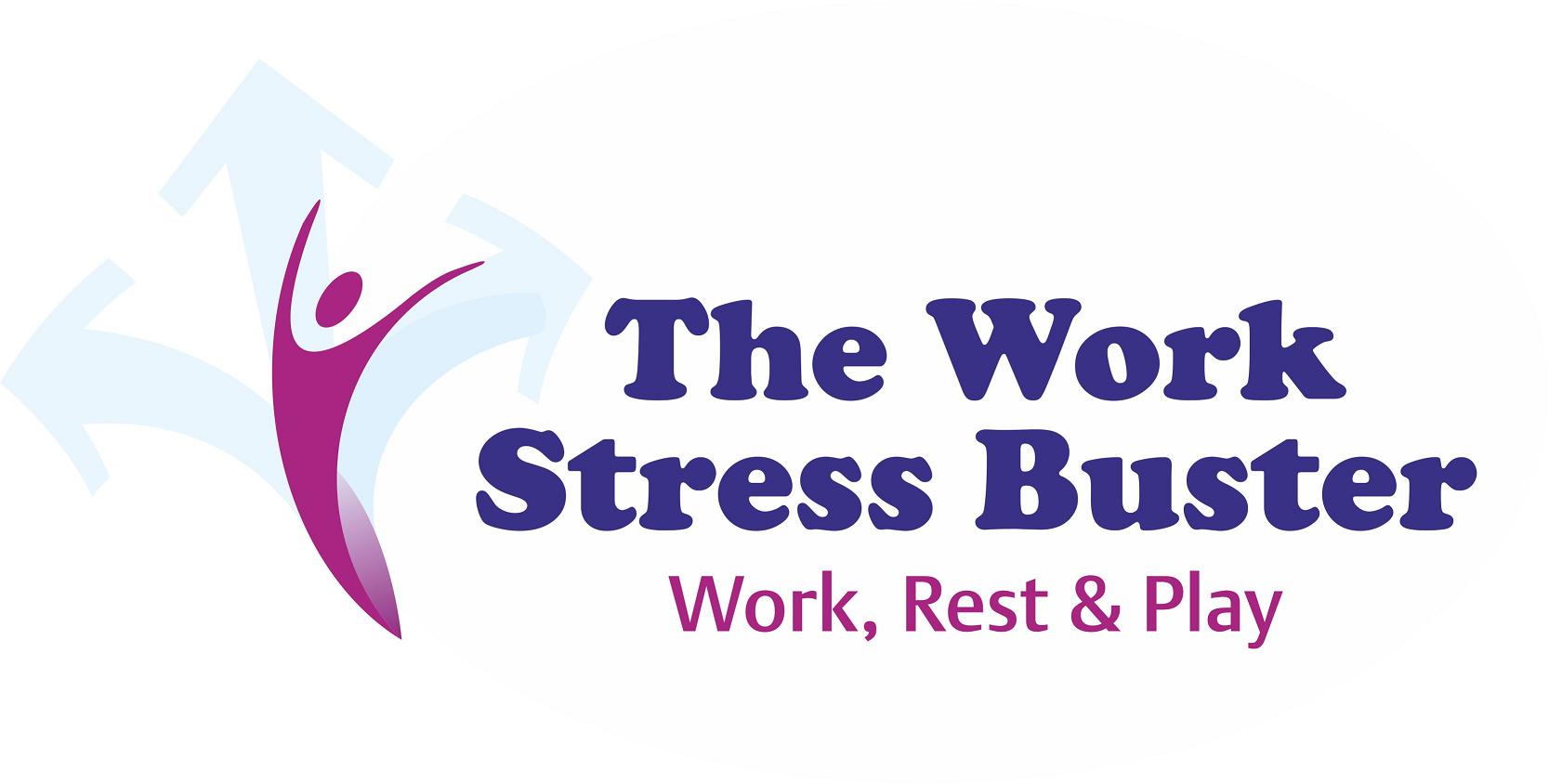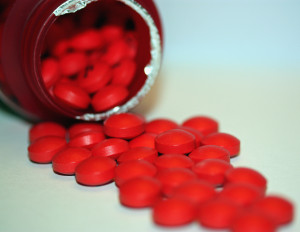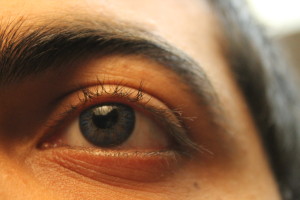‘Popping pills’ – does it work for mental health?
This blog will explore the extensive and presumed importance of medication in the treatment of people with depression, anxiety and related mental health issues.
As an Occupational Therapist, specialising in mental health since 2000, I feel the same way as I used to feel when I was newly qualified; there is an almost ‘magical’ belief in the miracle of ‘pills’ to cure mental illness – by both medical staff and patients.
I have heard patients say that the most valued (by staff) aspect of their treatment is medication – to the exclusion of all else. And I wonder about the disproportionate value and weight that medication is indeed given by medical staff, for many reasons:
From my observations of patients, if medication is required, then this will be for a short phase to enable them to ‘overcome’ the acute phase of their condition, the rest of their recovery is dependent on their thought processes, behaviours, action taken, support and routines. In other words, the social aspect of their recovery. As human beings, we are primarily SOCIAL beings. Routines give us discipline, order and direction. This is why focussing on this area is so key for recovery.
I would say that most patients, really want professionals to listen to them; someone they can trust.
Loneliness

Another major concern with patients is that they are often lonely. This is an overwhelmingly undeniable phenomenon in mental health care. Through the course of their illness, they have often lost touch with friends and family.
They therefore have poorer social skills that further compounds their loneliness and exacerbates their mental illness. This is by no means always the case, but a person with a mental illness requiring admission to hospital will likely have some (at least) short-term social problems.
Medication won’t help with this. Yet social intervention is not given the same weight of importance as is medication.
Side effects
When patients have been on medication for an extended period; i.e. longer than is useful to them, they develop a ‘robotic’ and / or ‘glazed’ look / demeanour (commonly referred to as ‘side-effects’) – it’s as if they are ‘not there’. This should be an indicator that this medication is not agreeing with the person. However, what tends to happen is that patients are given more medication to counter these side-effects and this medication tends to have side-effects yet again. And so the cycle continues. Because of course, you cannot have a ‘patient’ that is not taking medication…?
And this is another issue – why not?
Healing from within versus Disease model
Medication is not always in the patient’s best interest. At times, as I’ve described above it seems that the medication is doing the patient harm. So why is this not acknowledged? Or why do we persist with the medication? Medication is a foreign body, our bodies are designed to repel it because long term it can cause damage. Medical staff know this; yet the culture of long-term prescription persists.
The main reason for this is the heavily medical model that the UK health service operates under. Doctors are the team leaders but in my experience most, as lead by the medical model operate under a disease model which sees a person as broken and in need to be ‘fixed’, rather than a whole person that has experienced a setback, which with the right recovery plan, lead by their needs, will be healed. There is no faith in the body (which includes the mind) and its natural healing properties. Yet our body shows us everyday that it is naturally predisposed to heal itself. Just watch what happens when you cut yourself; if you are fit and healthy, you’ll see before your very eyes, the wonder of your body doing what it does best; healing you.
Rather – the medical model is about putting faith in the doctor to heal you rather than the wisdom of your body to heal itself. And here the problem lies.
Perception of medications
Because of the disproportionate emphasis on medication – it leads some patients to develop a reliance on them, so I frequently hear patients asking for ‘prn’ which is medication ‘upon request’ – in response to situations when they may be feeling sad, or frustrated, or angry; it’s almost a belief that the ‘pill’ will wash these feelings away’.
The real situation is that we cannot lead a real life if we don’t have these real and normal feelings. These normal reactions get blurred in the stigmatising of ‘mental illness’ which is a ‘condition’ that needs to be ‘treated’. Rather than a normal reaction that many people across the globe have to distressing situations in their life. If many people react in a similar way, it makes it a natural and typical response, rather than an atypical one. So for example, the notion of ‘hearing voices’ is a normal reaction to distressing experiences.
Function of medications
If someone is depressed or suicidal, they will be offered medication; it’s almost as though medication is a guarantee or safety blanket against someone taking their life. It is not. Adequate care is, and the client being open and responsive to ENGAGING with the help that is on offer.
Also medication does not remove suicidal tendencies, it moreover shuts off someone’s affectations; we say they adopt a ‘blunted affect’; their responses become dulled, their reactions become slower. It makes their mental state worse, not better; they become less able to reason, assert themselves and engage proactively in their life and with others. They are in effect disabled. Read more about the effects of anti-psychotic medication in this blog written by Dr Nick Campos.
So how does medication actually help a patient?
On a very short-term basis during the acute phase of someone’s illness – it can help to lift someone’s mood and thus physical and cognitive ability to reason and function. However, long-term I am unsure.
The best people to tell you would be patients, their families and friends. Below is one doctor’s account of the effect of medication in addressing mental health issues.
The above represents my initial comments on this very sensitive issue (there’s more to come – no doubt). I would welcome your comments if you have direct experience of the issues above – either as a patient, family member or mental health professional.
Awele is an experienced Occupational Therapist who has worked as a mental health professional in a variety of mental health clinical settings since 2000.
photo credit: <a href=”http://www.flickr.com/photos/23307937@N04/5308232656″>in defense of pink</a> via <a href=”http://photopin.com”>photopin</a> <a href=”https://creativecommons.org/licenses/by/2.0/”>(license)</a>
photo credit: <a href=”http://www.flickr.com/photos/22196205@N03/3112860236″>173.365 i’ve told you again and again,</a> via <a href=”http://photopin.com”>photopin</a> <a href=”https://creativecommons.org/licenses/by-nc-nd/2.0/”>(license)</a>
photo credit: <a href=”http://www.flickr.com/photos/34313239@N02/5180502739″>pills</a> via <a href=”http://photopin.com”>photopin</a> <a href=”https://creativecommons.org/licenses/by/2.0/”>(license)</a>
photo credit: <a href=”http://www.flickr.com/photos/76359713@N08/12963170975″>365 Days Project, Day 64</a> via <a href=”http://photopin.com”>photopin</a> <a href=”https://creativecommons.org/licenses/by-nc-nd/2.0/”>(license)</a>


